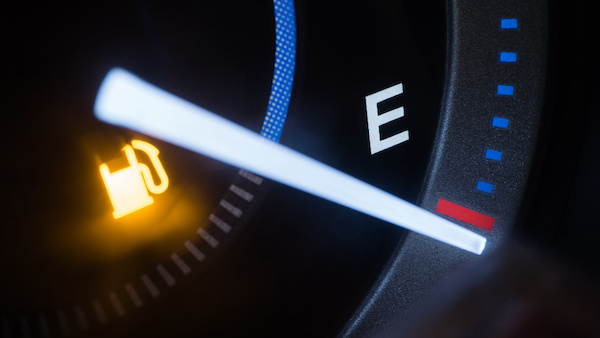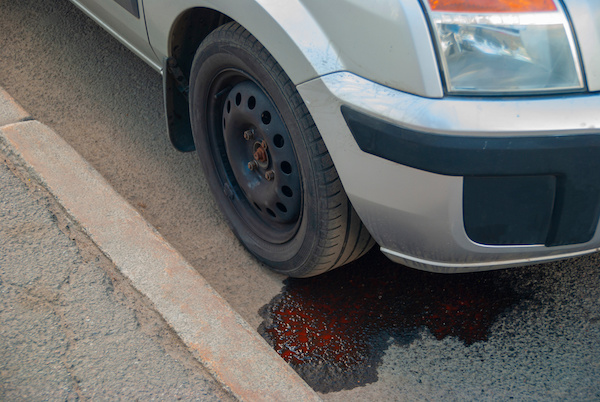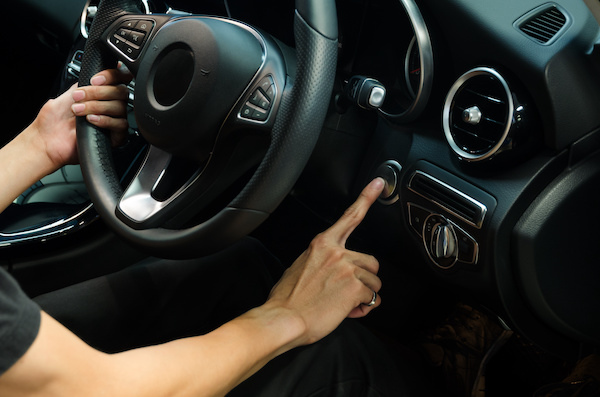Posted on 2/27/2023

Road trips are a great way to bond with your furry friends and create unforgettable memories. However, traveling with pets requires extra planning and preparation to ensure their safety and comfort throughout the journey. Here are some tips to help you and your pets enjoy a safe and comfortable road trip: Get your pet a checkup before you hit the road - Before embarking on a long journey, it's important to make sure your pet is healthy and up to date with their vaccinations. Take your pet to the veterinarian for a checkup and get any necessary medications or preventative treatments. Pack a travel kit for your pet - Your pet's travel kit should include food, water, bowls, medications, waste bags, a leash, and a comfortable bed or blanket. Bring some of your pet's favorite toys and treats to keep them entertained and relaxed during the trip. Secure your pet during the drive - Just like people, pets need to be secured while in a moving vehicle. Use a pet seatbelt, a travel ... read more
Posted on 1/30/2023

When you’re in the market to buy a pre-owned car, there’s nothing more crucial than getting a pre-purchase inspection before finalizing your decision. This inspection takes about an hour to complete, and it can give you all the information you would want to know about the vehicle’s overall safety and condition. The FTC recommends this step as well, as many people have gotten scammed from buying vehicles before. A pre-purchase inspection should always be done by an unbiased third-party source, not a family member’s garage. When you take the car to a professional auto service shop, like Robbie’s At Your Service, you’ll have peace of mind that the information you get is trusted. Additionally, we will write a detailed evaluation that you can take back with you to negotiate with the seller. What Does a Pre-Purchase Inspection/PPI Cover Our PPI typically covers a bumper-to-bumper analysis. Our technicians can check for cosmetic flaws. More ... read more
Posted on 12/21/2022

Your car's condition is a direct reflection of your driving habits. The better your car's condition, the better your driving habits, and vice-versa. Little things here and there may seem harmless, but their effect over time will affect the vehicle's condition. Many bad driving habits could be damaging your vehicle, including: Hard Starts and Stops Speeding off after the traffic turns green may be fun, but it is a habit that will hurt your car. The blast of speed programs your vehicle at higher fuel consumption rates and will reduce the car's gas mileage over time. On other hand, coming to a sudden stop to test your braking horsepower or to avoid accidents is occasionally necessary. However, too much of it will significantly stress the braking system. It will soon become inefficient, making braking consistency suffers. Racing Over Speed Bumps and Potholes Speed bumps are meant to encourage slower driving, and you should comply. Many people speed over bumps which ar ... read more
Posted on 11/30/2022

Out of the thousands of pieces and parts that make up a car, the transmission is one of its most essential components. Without the transmission, you won’t be able to shift gears or transfer engine power to turn your car’s wheels. That means no accelerating, no reversing, and no driving. That is why transmission repairs are a nightmare for drivers. Here are the top 4 signs to spot that indicate you need transmission repairs: #1: Trouble Switching or Staying in Gears This is a telltale sign that your transmission system is acting up. When your transmission is working and properly lubricated, switching gears should feel natural and smooth. If you can’t go from drive to reverse or vice versa, you need to have your transmission checked out. #2: Grinding Gears Does your car make a grinding or grating sound during acceleration or when you attempt to switch gears? The metallic friction sounds are never good. We recommend that you tak ... read more
Posted on 10/27/2022

Usually, multiple things could make your car have trouble starting or not start at all. For example, it could be an issue with the starter, a dying or dead battery, or even loose connection cables. While some are more common than others, we found the following reasons to be the top reasons why your automobile won't start. Pay extra attention to them, and your vehicle will stay in its top shape. Defective Ignition Switch The battery might be in its best condition and working correctly, but still, your vehicle could be having trouble starting, especially on the first few tries. The first suspect is the ignition switch. Try turning on your headlights to be sure you are dealing with an ignition switch issue. If the dashboard and headlights turn on, but your engine doesn't start, the ignition switch could be defective. Clogged Fuel Filter A clogged fuel filter means the fuel will have trouble reaching the engine for combustion. Therefore, your automobile will struggle to burn e ... read more